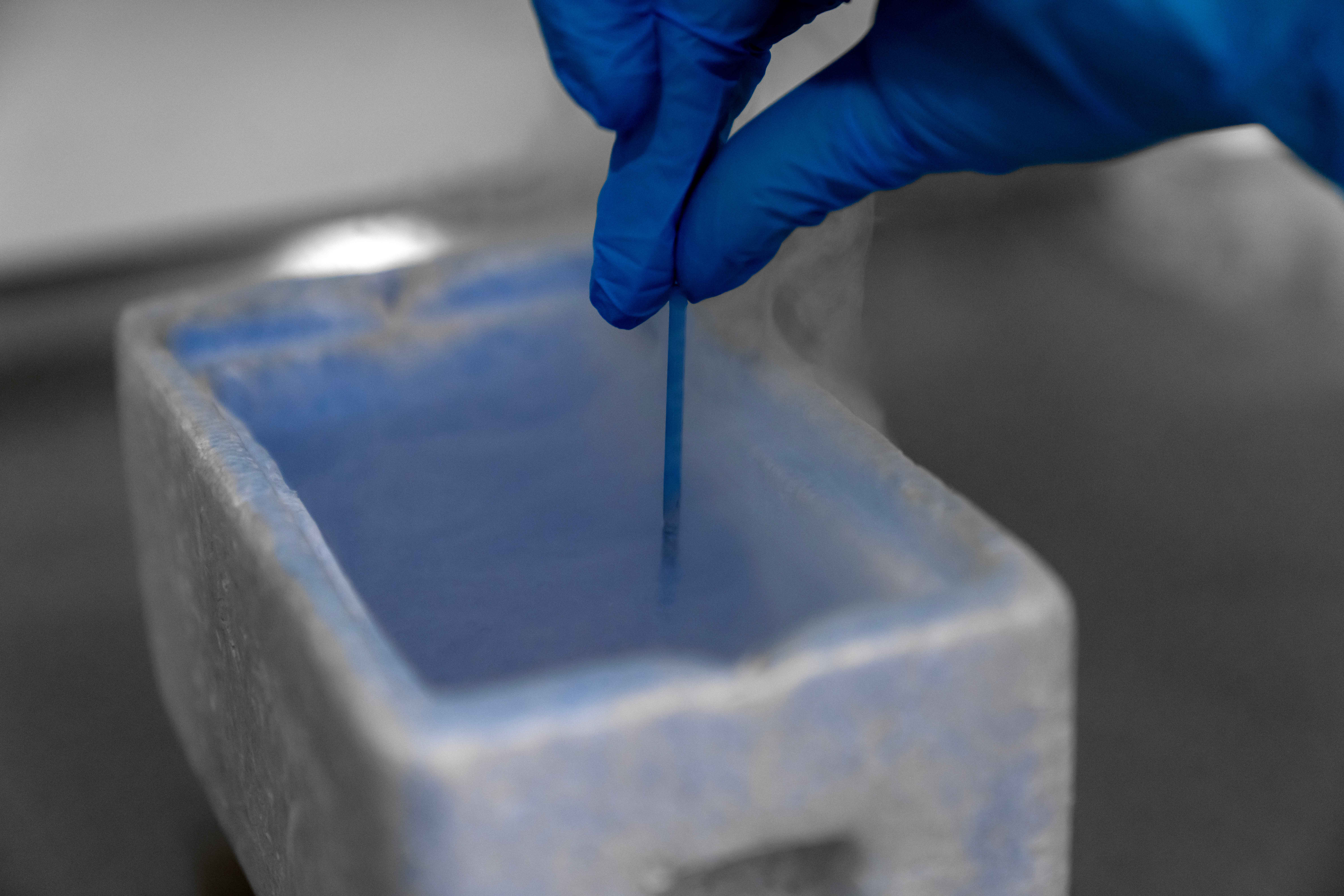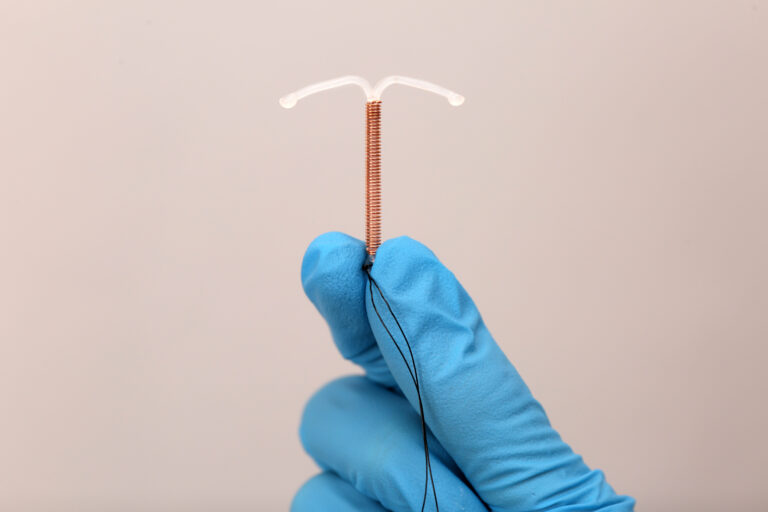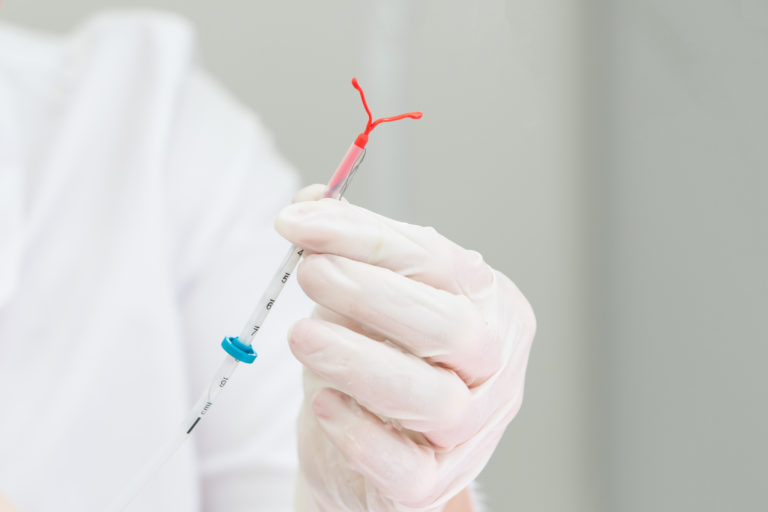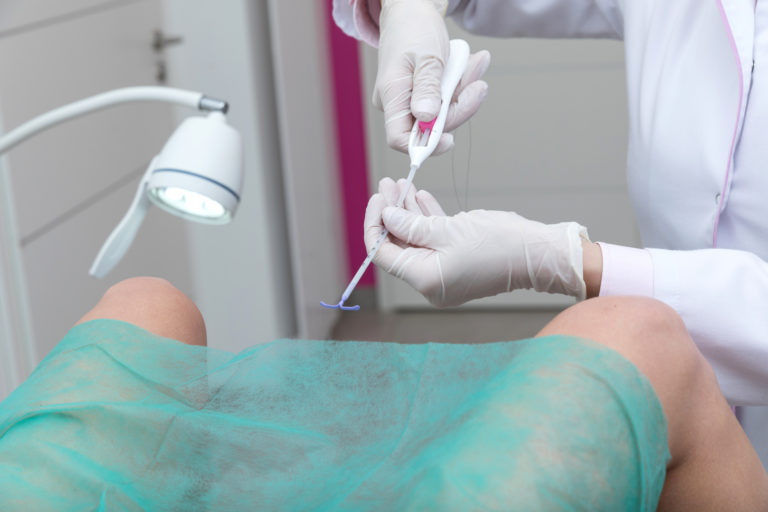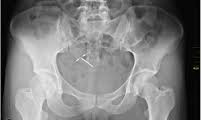As more women seek to avoid the side effects of hormonal birth control, many are opting for the hormone-free copper IUD (intrauterine device), also called the copper coil (tradename: Paragard). But while this method of birth control boasts 99% effectiveness of preventing pregnancy, the copper IUD could conceivably cause copper toxicity, or excess copper in the body. Research to date has not found evidence of copper toxicity in animal studies, but research on humans is a) limited, and b) has studied levels of total copper rather than free copper in the body, though free copper is the form that’s toxic to humans. Studies of total copper levels have thus far been inconclusive, with 8 studies finding no increase in total copper levels, and 4 finding a significant increase in total copper levels in copper IUD users.
Symptoms of copper toxicity
While copper is an essential trace element, excess copper in the body can create symptoms such as fatigue, nausea, depression, irritability, cravings, mood swings, and brain fog, among many others. Some women who have copper IUDs report experiencing signs and symptoms of heavy metal toxicity. Considering other environmental factors that can lead to excess copper in the body (such as having copper pipes in the home), as well as dietary choices and certain preexisting medical conditions, the IUD could potentially be the factor that puts a woman’s body over a healthy copper level.
Hormone-free doesn’t mean side effect-free
While the copper IUD does not contain hormones, the IUD can affect your natural hormones and especially your thyroid. So, while some tout the copper IUD as the hormone-free option, using it creates a risk of damaging a key part of the body responsible for regulating our natural hormones!
For more information on copper toxicity and other IUD side effects, see the articles below.
Visit IUDalert.com to read women’s testimonials about symptoms of copper toxicity or share your own.
This page was updated on March 21st, 2023 to reflect current research on the possibility of copper toxicity in IUD users and preexisting medical conditions that put some women at risk of developing copper toxicity.
Paragard is a registered trademark of CooperSurgical, Inc.
-

Women “Have Not Felt Heard” In Their Search for Natural Alternatives to Birth Control
By Gabriella Patti • February 22, 2019A survey of Canadian women showed that they are using birth control less than they did a decade… -
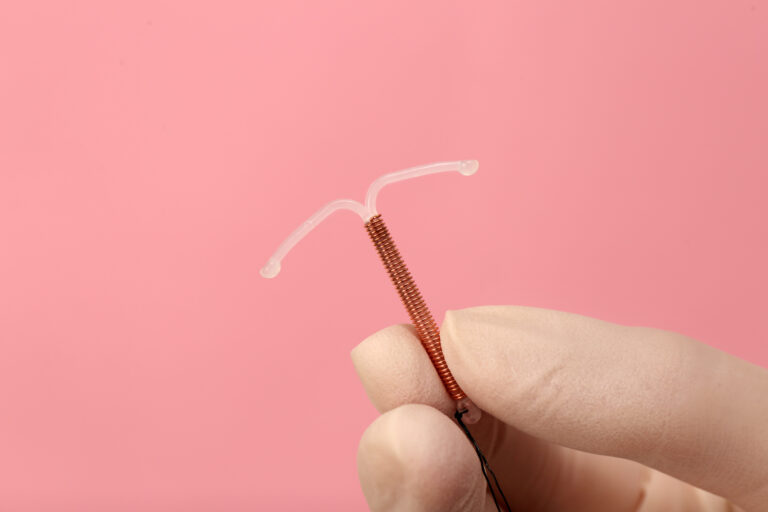
The troubling link between the copper IUD and bacterial vaginosis
By Renee Walton • August 24, 2024A condition that easily recurs, and can lead to PID and infertility -

The copper IUD and the tragic death of midwife Krista Labbe
By Grace Emily Stark • January 14, 2025Post-mortem hair analysis indicated copper toxicity -

Thousands of women say they were seriously injured by the copper IUD
By Caitlin Estes • January 16, 2025The copper IUD is more prone to breakage than the hormonal IUD


